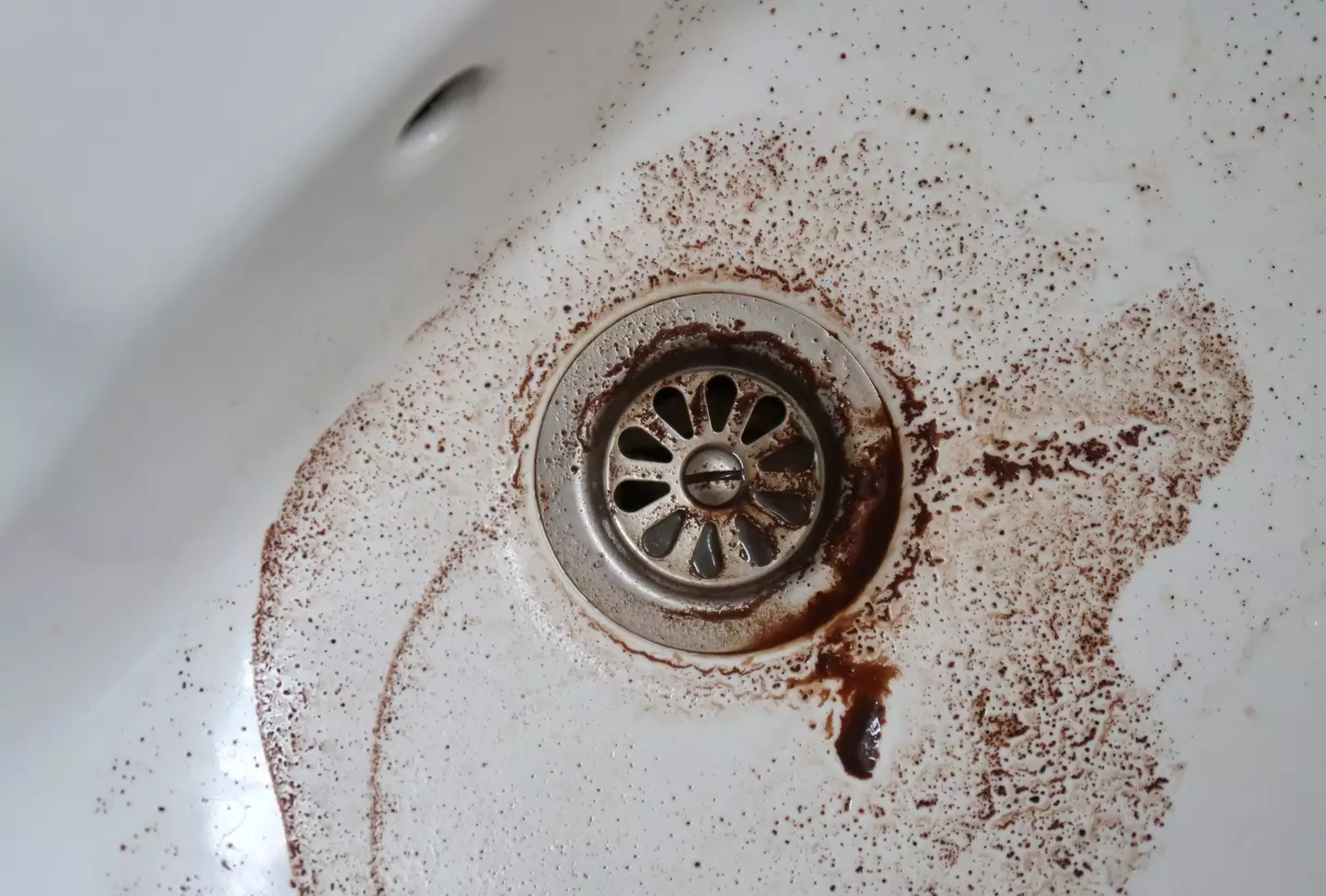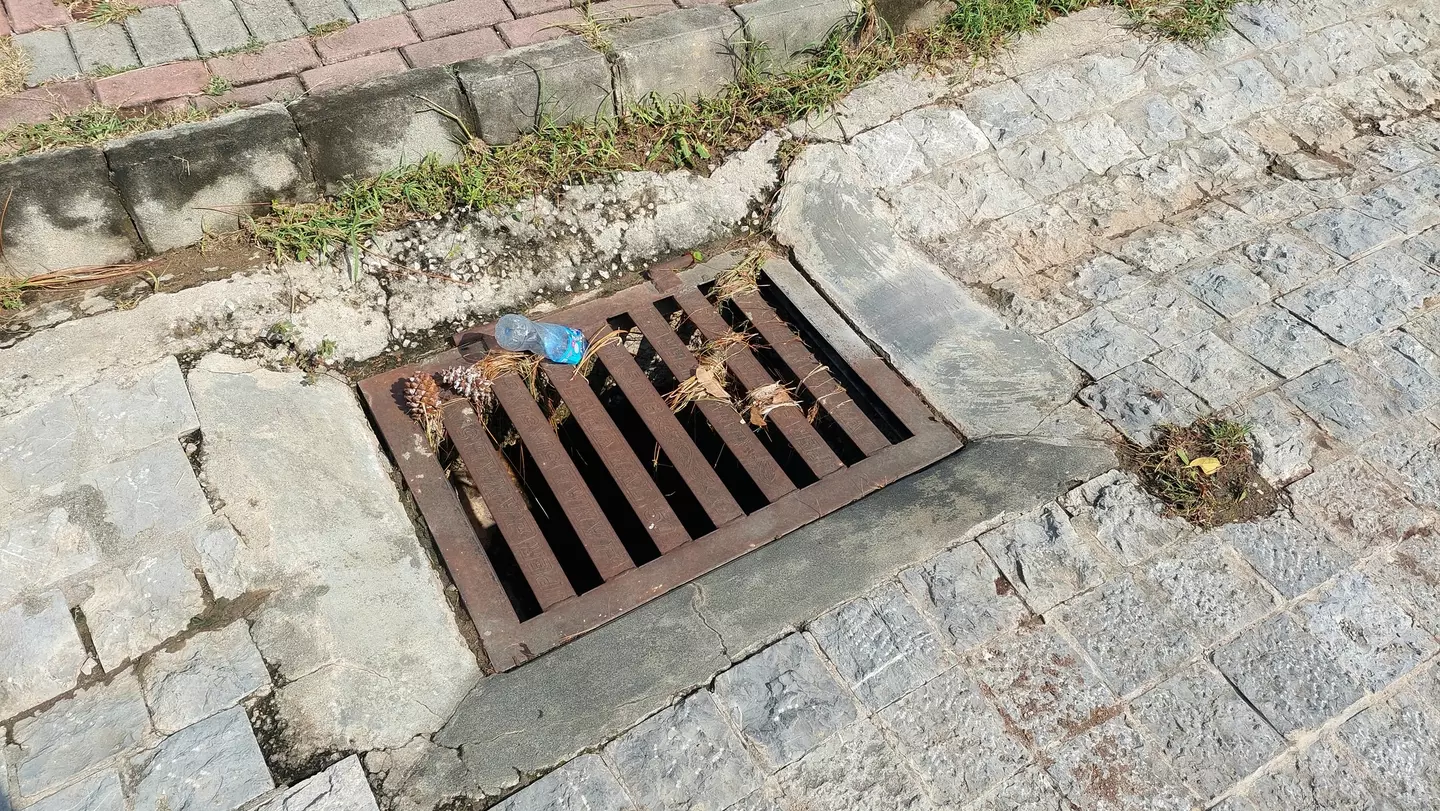
After one woman was fined $200 for the simple act of pouring her coffee down a public drain, scientists have revealed whether doing so is as impactful as the fine suggests, and where you might want to avoid it for the environment's sake.
Most people would never even think twice about pouring their coffee down the drain at home, as whether you'd left it too long and it's gone cold or if you've added a bit too much sugar, it's just something that millions of people do every single day.
Understandably, you wouldn't then think too much about doing the same with a public drain, especially considering the fact that so many people buy coffee on the go.
However, one Londoner has learned the hard way that you not only shouldn't do that but you technically legally can't, as she was landed with a £150 ($200) fine from the Richmond-upon-Thames Council, relating to a breach of Section 33 of the Environmental Protection Act, as per the Daily Mail.
Advert

Specifically, she was alleged to have disposed waste in 'a manner likely to pollute water or land', and while the council has since cancelled the fine, it has sparked many to wonder how damaging dumping coffee can be.
Thankfully there is no harm in throwing away your coffee down the drain at home, as those drainage systems include treatment which dispels any of the harmful aspects that coffee might carry into the water or land.
The same can't be said for standard public drains though, as they have no treatment systems and often lead into local rivers, causing a number of dangerous issues.
For example, not only can the drains become blocked if coffee is dumped, but it can also prove to be dangerous for local ecosystems and fish living in the waterways, and scientists have revealed the true impact.
While it's true that one person dumping their coffee won't make that much of difference, Michael Burrorws of MZR Drainage explained to the Daily Mail that "it might seem harmless, but when thousands of people do it regularly, the environmental impact quickly adds up."

These laws and rules are in place to stop widespread dumping, as that's where the harm is really evident and larger scale problems can emerge in relation to the environment.
It's especially true for any hot drinks that have milk in them, as that is "highly polluting" for the waterways despite being a natural product, and the same is true for sugar which is in abundance with drinks from many of the most popular chains.
Milk, for example, "can be as much as 400 times more polluting than untreated domestic sewage" according to Professor Gary Fones, due to it's incredibly high Biological Oxygen Demand (BOD).
You might want to think twice then before getting rid of your coffee on the go, as it likely has a far larger environmental impact than you'd expect, and you could also be landed with a hefty fine if you're caught.
